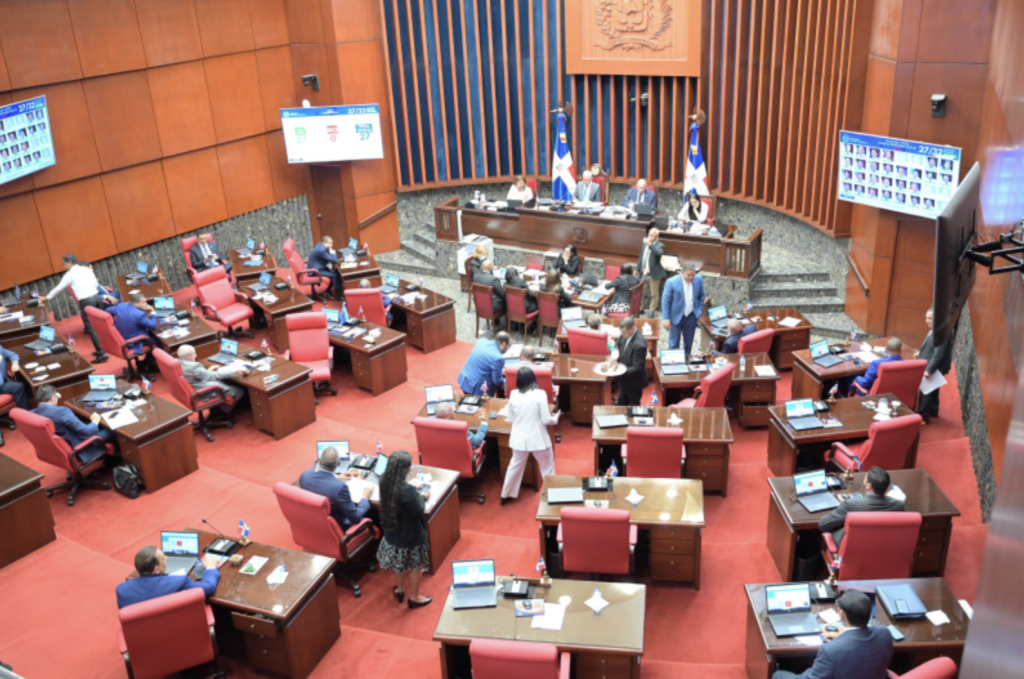
After a grinding five-hour session where each of the 413 articles contained in the legislative proposal were read out loud, the Senate gave a standing and unanimous approval to the reformed Penal Code last week. It is expected that on Tuesday, 15 July 2025 there will be a second reading and approval, and the proposal will be sent to the Chamber of Deputies for their approval.
Given the fact that a joint committee from both houses of Congress has issued a favorable opinion on the bill, passage is expected to be fairly routine. The senators argue the revised code strengthens combating corruption and other modern offenses. The senators say 72 new crimes were categorized, such as genocide, war crimes, terrorism, killing for hire, feminicide, and human trafficking.
The senators say now a criminal convicted of various crimes will accumulate a sentence of up to 60 years, up from the maximum 30 years at present.
The legislators kept provisions that penalize abortion. Jail penalties of up to three years of prison are in place for anyone assisting in an abortion. In the Dominican Republic, medical statistics reveal that more than 80,000 abortions are carried out every year. There seems to be a covert agreement in the judiciary to not prosecute these cases, despite what is in the law. The approval of the three exceptions has met with the strong rejection of the religious sectors in the DR.
El Dia reports that the recent version of the Penal Code would absolve government entities and officials from responsibility. New clauses have been added that would exempt the state, municipal governments, political parties, and churches from criminal liability. This means that if any of these institutions were to commit a crime, they could not be held criminally accountable.
Several critics explained that if the new Penal Code absolves these institutions of responsibility, tragedies such as the Jet Set incident (2025), the November floods (2023), or the explosion in San Cristóbal (2023) would be treated as mere “accidents,” and the authorities would not be held accountable for their lack of oversight. It is yet to be seen if the Penal Code would have retroactive coverage.
For years during the two terms of President Danilo Medina he vetoed the passing of the Penal Code for not incorporating the three exceptions to abortion.
Read more in Spanish:
Listin Diario
El Dia
Senate
Diario Libre
El Caribe
14 July 2025

